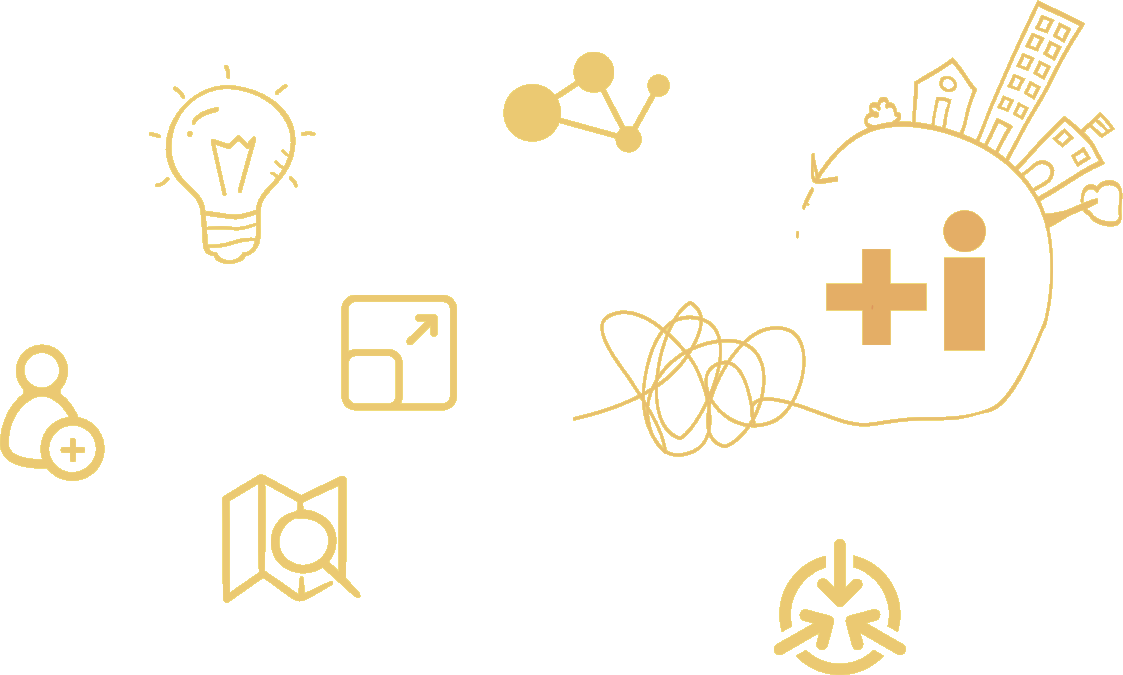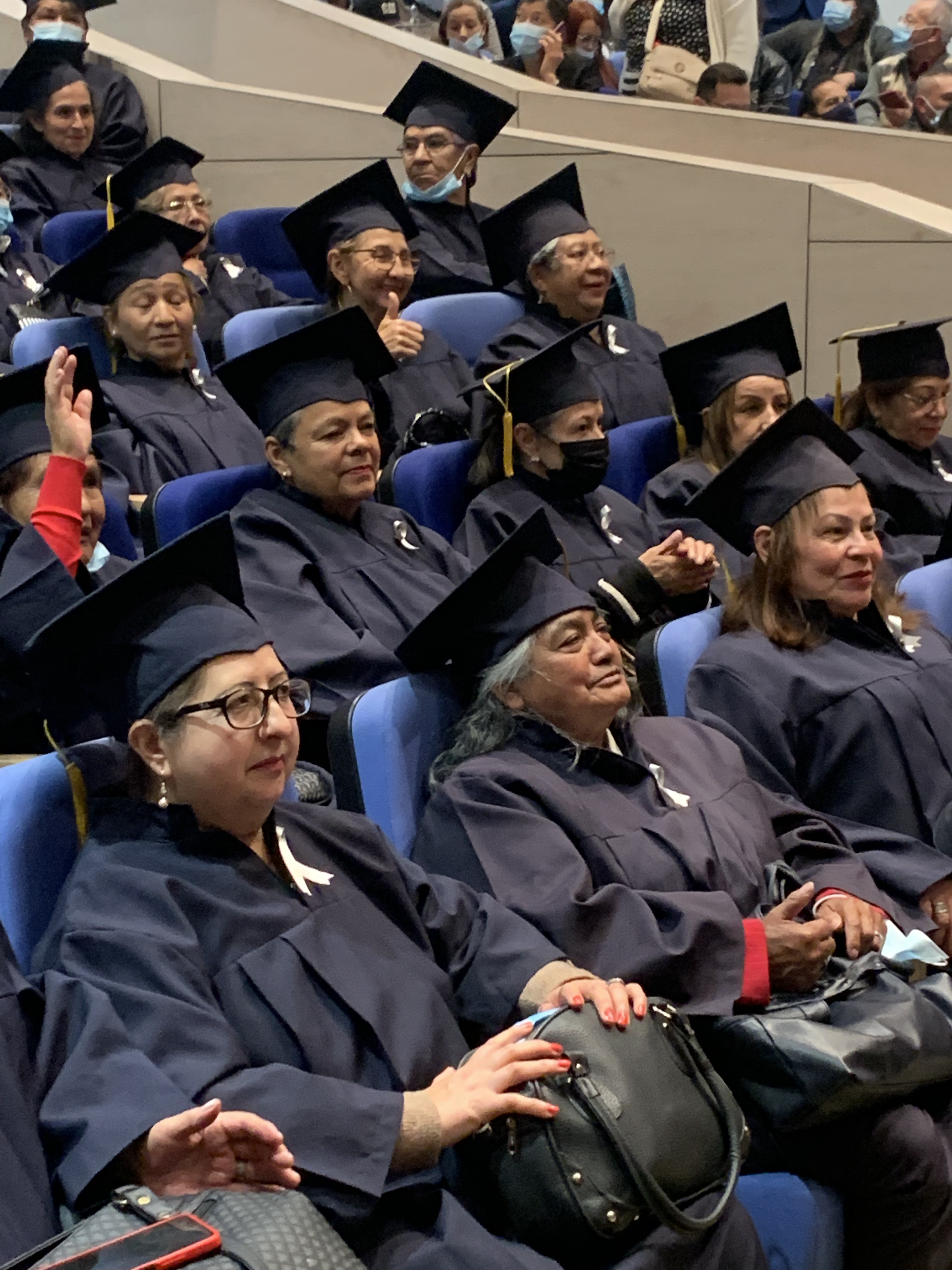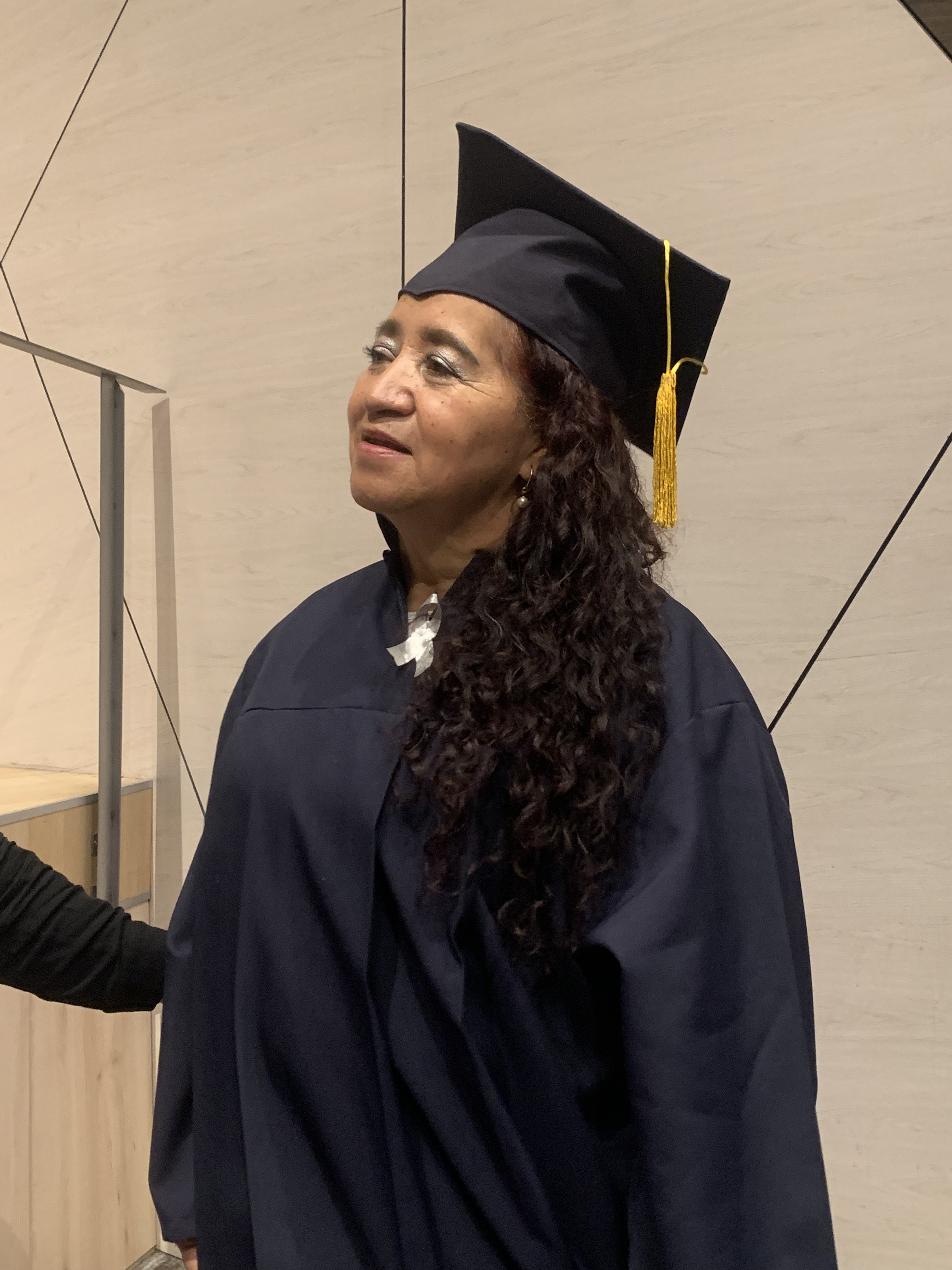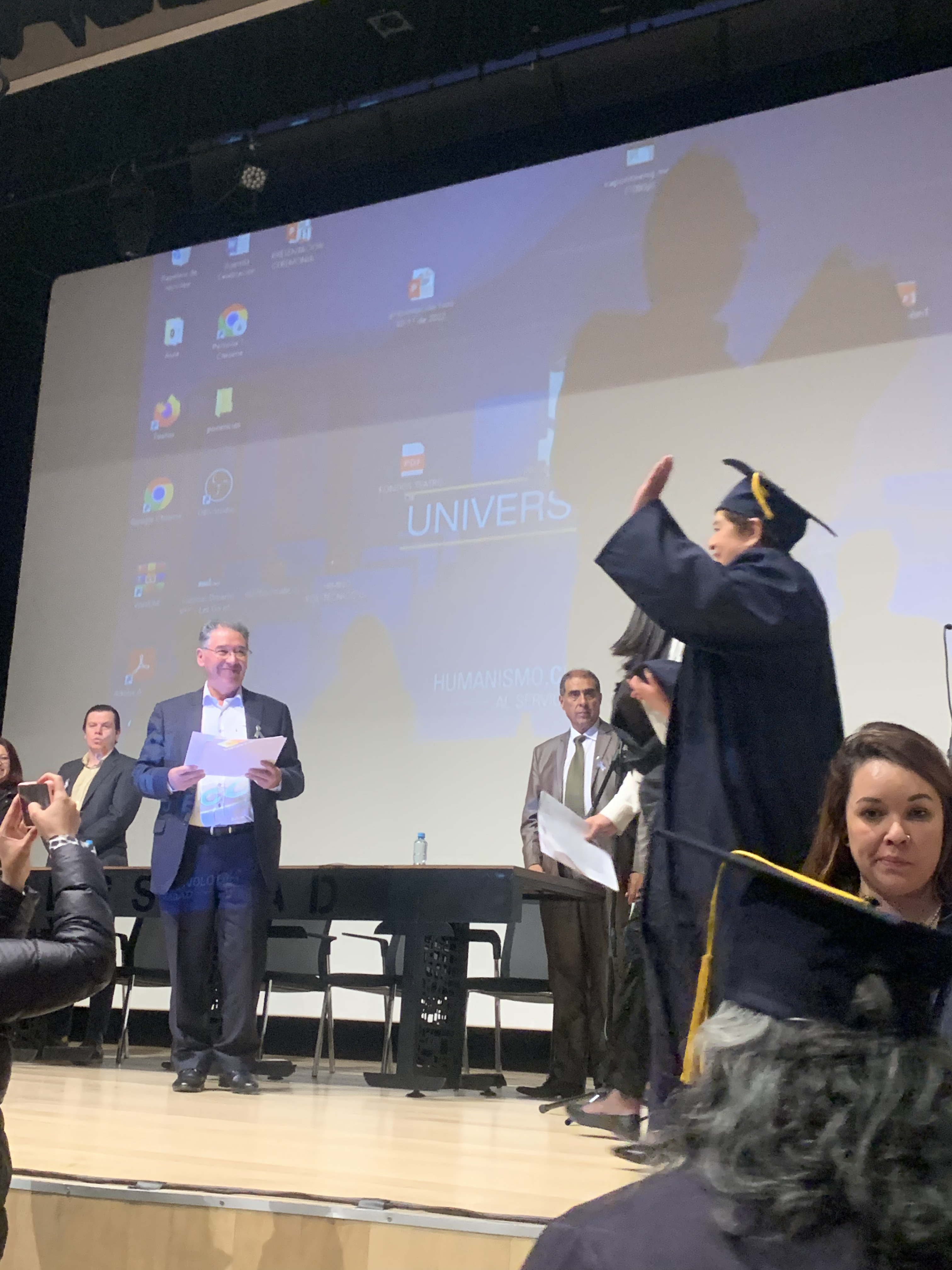Elderly caring

Municipality
Category / Sub-Category / Topic
Human development, Elderly
Type of investment needed
Grant
The challenge
The project
Know more...
Investment
(*): In kind/pro bonus
(**): Financing
Funds
Needed
Covered
Solicited
Investment
(*): In kind/pro bonus
(**): Financing
(*) (**)
u$s 28440.00
u$s 0.00
u$s 28440.00
(**)
u$s 10000.00
u$s 1400.00
u$s 8600.00
(**)
u$s 17560.00
u$s 6000.00
u$s 11560.00
(**)
u$s 8000.00
u$s 1000.00
u$s 7000.00
(*) (**)
u$s 20000.00
u$s 0.00
u$s 20000.00
(**)
u$s 100000.00
u$s 7000.00
u$s 93000.00
(*) (**)
u$s 20000.00
u$s 0.00
u$s 20000.00
(**)
u$s 106000.00
u$s 4722.00
u$s 101278.00
(**)
u$s 1000.00
u$s 0.00
u$s 1000.00
(*) (**)
u$s 12000.00
u$s 0.00
u$s 12000.00
(*) (**)
u$s 8000.00
u$s 0.00
u$s 8000.00
Funds
Needed
Covered
Solicited
Refrigerios para 1500 personas (*) (**)
u$s 28440.00
u$s 0.00
u$s 28440.00
Funds
Needed
Covered
Solicited
Analista de datos (**)
u$s 10000.00
u$s 1400.00
u$s 8600.00
Consultores (**)
u$s 17560.00
u$s 6000.00
u$s 11560.00
Comerciales - Servicio de relacionista público (**)
u$s 8000.00
u$s 1000.00
u$s 7000.00
Diseño de plataforma web + hosting (*) (**)
u$s 20000.00
u$s 0.00
u$s 20000.00
Funds
Needed
Covered
Solicited
Investigadores senior (2) (**)
u$s 100000.00
u$s 7000.00
u$s 93000.00
Diseñador (*) (**)
u$s 20000.00
u$s 0.00
u$s 20000.00
Docentes (4 docentes por 16 meses 2 horas a la semana) (**)
u$s 106000.00
u$s 4722.00
u$s 101278.00
Funds
Needed
Covered
Solicited
Registro de la asociación (**)
u$s 1000.00
u$s 0.00
u$s 1000.00
Desplazamientos (*) (**)
u$s 12000.00
u$s 0.00
u$s 12000.00
Ceremonia (*) (**)
u$s 8000.00
u$s 0.00
u$s 8000.00




